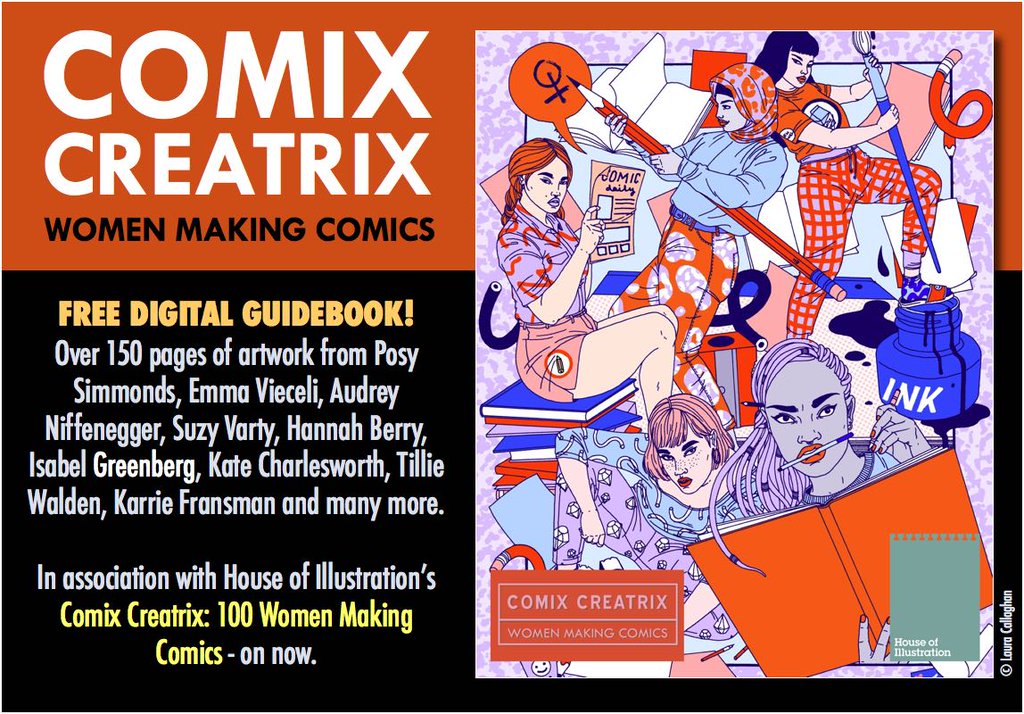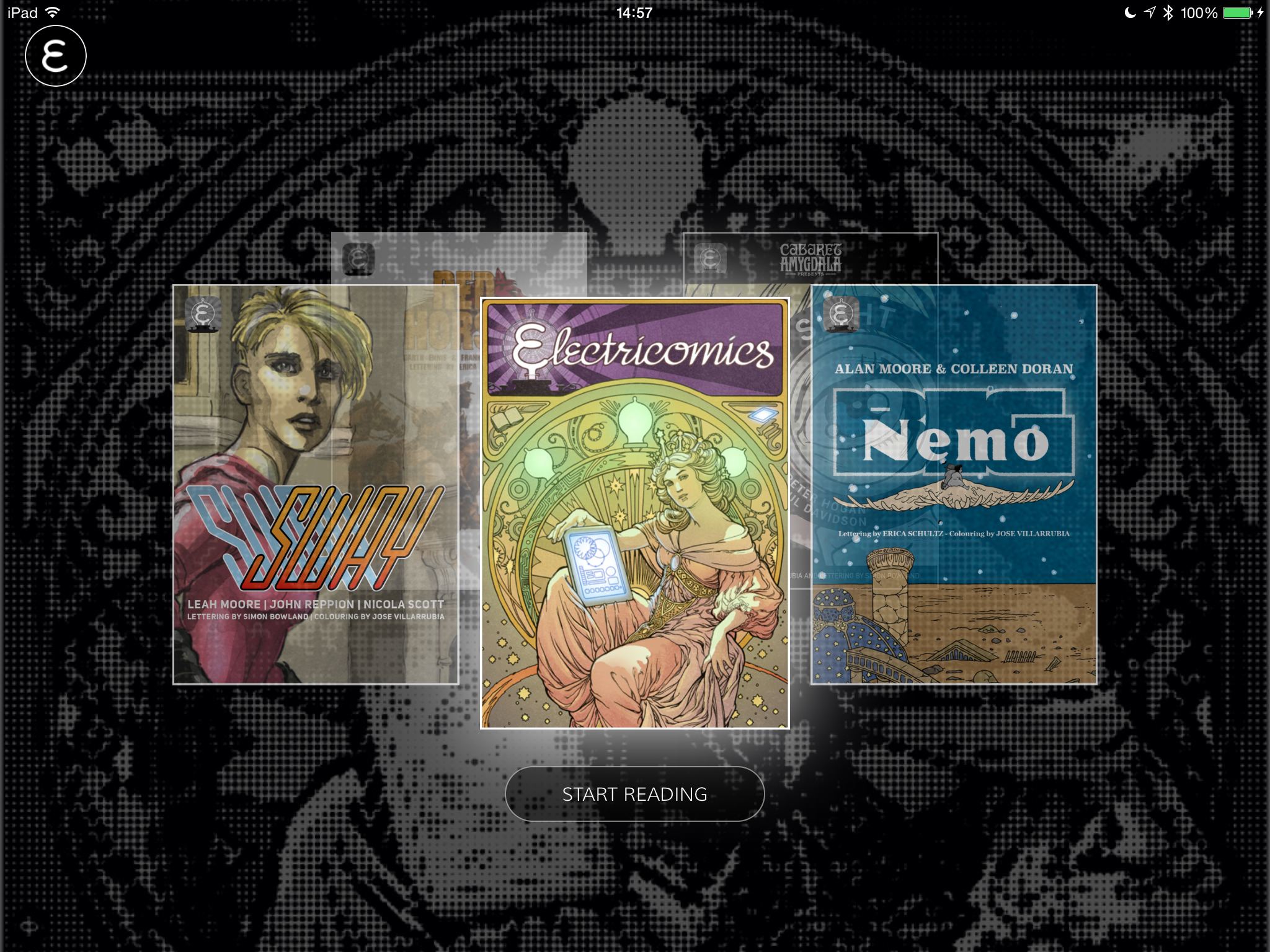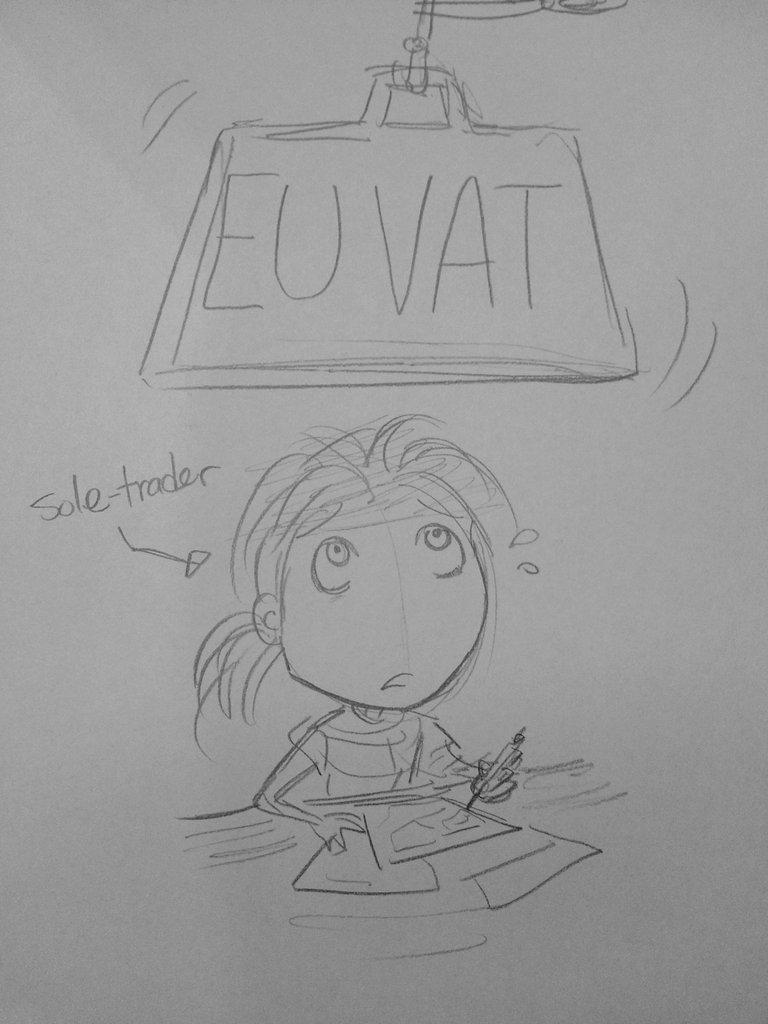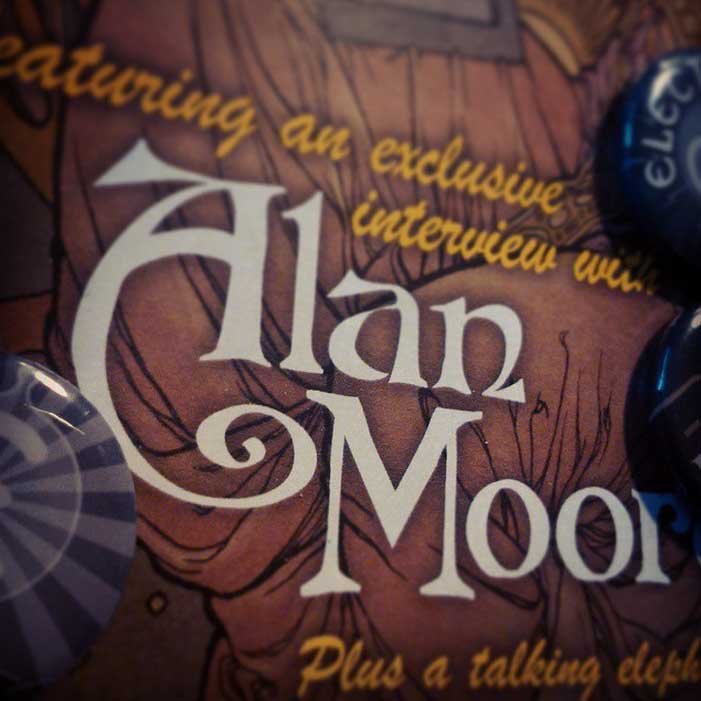I’ve just seen the news that Amazon.com is acquiring comiXology, the US company that developed a cloud-based digital comics platform.
In a statement, David Naggar, Amazon’s VP, content acquisition and independent publishing said “Amazon and comiXology share a passion for reinventing reading in a digital world.
“We look forward to investing in the business, growing the team, and together, bringing comics and graphic novels to even more readers.”
Founded in 2007, comiXology offers a broad library of digital comic book content from 75-plus of the top publishers as well as top independent creators. To date, TechCrunch notes in its report of the purchase, Comixology offers upwards of 50,000 comics for sale. In 2013, the company launched a self-publishing platform for comics that allows comic creators to upload and sell their own work — a strategy which fits hand-in-hand with Amazon’s own self-publishing efforts for books.
As TIME magazine reports in March, ComiXology has made much of its support for Independent Comics Publishers in their quest to go digital, and WIRED also reported recently that Independent Creators Self-publish 1,000 Comics on ComiXology in One Year.
The purchase of Comixology is good for Amazon, of course – this will give them opportunity to grow digital sales on the Kindle and eat into Apple’s dominance of overall sales. (As Engadget reports, Amazon’s only saying so much about its plans for Comixology. They asked whether it’s potentially headed to Amazon Prime, and were given a no comment. As far as Kindle integration though, that’s a given. “We expect we’ll find ways to make both comiXology and Kindle work better together,” a rep said. Amazon will retain the comiXology branding, and support the existing apps.
But is the deal good for creators and independent publishers?
Let me say upfront that I’m not anti-Amazon. No-one’s forcing you to use it and I’m aware of some of its criticised business practices. But as a consumer, it’s enabled me to find a lot of books and other products in the past that I would never have come across in any store, and having access to SF books published in the US but poorly distributed to the UK is a godsend. We regularly promote Amazon links on this site and it generates a small amount of regular income that helps toward server costs, although not much else as yet.
But “Big Is Good” isn’t always great for smaller publishers and I suspect the purchase might not necessarily be great for many independent creators who are on the Comixology platform.
Reaction to the news has, however, been mixed from other quarters, too. British creator Jim Campbell, whose insights into the comics industry (and who crunched a few numbers on why digital comics won’t save the comics industry some time back on his blog), I much value, commented publicly on Facebook: “I am not encouraged by the Amazon purchase of Comixology. Comixology’s growing dominance coupled with a labyrinthine submission process and, frankly, a less-than-stellar revenue model for creators left me worried that digital comics were sleepwalking into a distribution model even less useful than the Diamond model for traditional comics.
“Now, we add Amazon to the mix. Lest we forget, Amazon are the only tablet manufacturer/content provider to unilaterally reach out and delete content from their customers’ devices.”
It should be noted, of course that Apple, too (where most digital comic sales are made), have been pretty strict about certain types of comics released as individual apps and there have been a number of news items about their censorship of some content.
For those of you who don’t already know, Comixology operates a revenue share on all sales. On iTunes, Apple gets 30% of all sales and then the remaining 70% is split between Comixology and whoever owns the comic. I believe remaining revenue is generally split 50/50 between Comixology and the creator or publisher.
Back in 2011, Publisher’s Weekly ran a “let’s do the math’ piece on exactly what the Comixology deal means for creators, based on comments made by Mark Millar, which offered an insight into some rough math on how digital download pricing compares with print income. A lot of it still holds true. (As do Jim Campbell’s thoughts, linked above)
Add Amazon into the equation and I suspect we’ll see a squeeze on creator shares and a drive toward cheaper comics, which on the face of it, may seem like a good thing for the consumer, but inevitably cuts down on the potential revenues for independents. I suspect this will mean less choice in the end, with the big US comic companies getting an even bigger share of shelf space and visibility on Comixology than they do already.
(That is, if Marvel and others don’t jump ship as oft-rumoured and launch their own app store, securing 70% of all digital comic sales instead of 35%… I’m sure that’s not far off).
But what do you think? Is the Amazon deal good for independent creators and publishers or not? Comment below…
• There’s a good feature on Comixology and its target audience here on GeekMom
• Publisher’s Weekly included information on Comixology Sales in this report by Calvin Reid Heidi MacDonald last October, noting ICv2 CEO Milton Griepp’s comments that digital comics generated $70 million in revenue in 2012 and he estimated an increase of 25% for 2013.
• Jim Campbell: Why Digital Publishing Won’t Save Comics (Yet)
• LicensingBiz: Why digital isn’t that different to physical after all
Made in Me development director, Eric Huang, explains why consumer behaviour is virtually identical across channels.
• WIRED: Stop Panicking, People — Amazon Didn’t Just Ruin Comics
15th April 2014: WIRED offers an analysis of the Amazon deal and what it might mean for digital comics distribution
The founder of downthetubes, which he established in 1998. John works as a comics and magazine editor, writer, and on promotional work for the Lakes International Comic Art Festival. He is currently editor of Star Trek Explorer, published by Titan – his third tour of duty on the title originally titled Star Trek Magazine.
Working in British comics publishing since the 1980s, his credits include editor of titles such as Doctor Who Magazine, Babylon 5 Magazine, and more. He also edited the comics anthology STRIP Magazine and edited several audio comics for ROK Comics. He has also edited several comic collections, including volumes of “Charley’s War” and “Dan Dare”.
He’s the writer of “Pilgrim: Secrets and Lies” for B7 Comics; “Crucible”, a creator-owned project with 2000AD artist Smuzz; and “Death Duty” and “Skow Dogs” with Dave Hailwood.
Categories: Creating Comics, Digital Comics, downthetubes Comics News, Featured News

 SEQUENTIAL Offers free iPad Guide to Comics Creatrix: 100 Women Making Comics Exhibiton
SEQUENTIAL Offers free iPad Guide to Comics Creatrix: 100 Women Making Comics Exhibiton  Electricomics app launches for Apple devices, featuring strips by Ennis, Moore, Reppion, Hogan – and Moore
Electricomics app launches for Apple devices, featuring strips by Ennis, Moore, Reppion, Hogan – and Moore  HMRC grants concession on #VATMESS, but campaign against changes continues
HMRC grants concession on #VATMESS, but campaign against changes continues  Latest developments for Electricomics to be revealed at Thought Bubble
Latest developments for Electricomics to be revealed at Thought Bubble